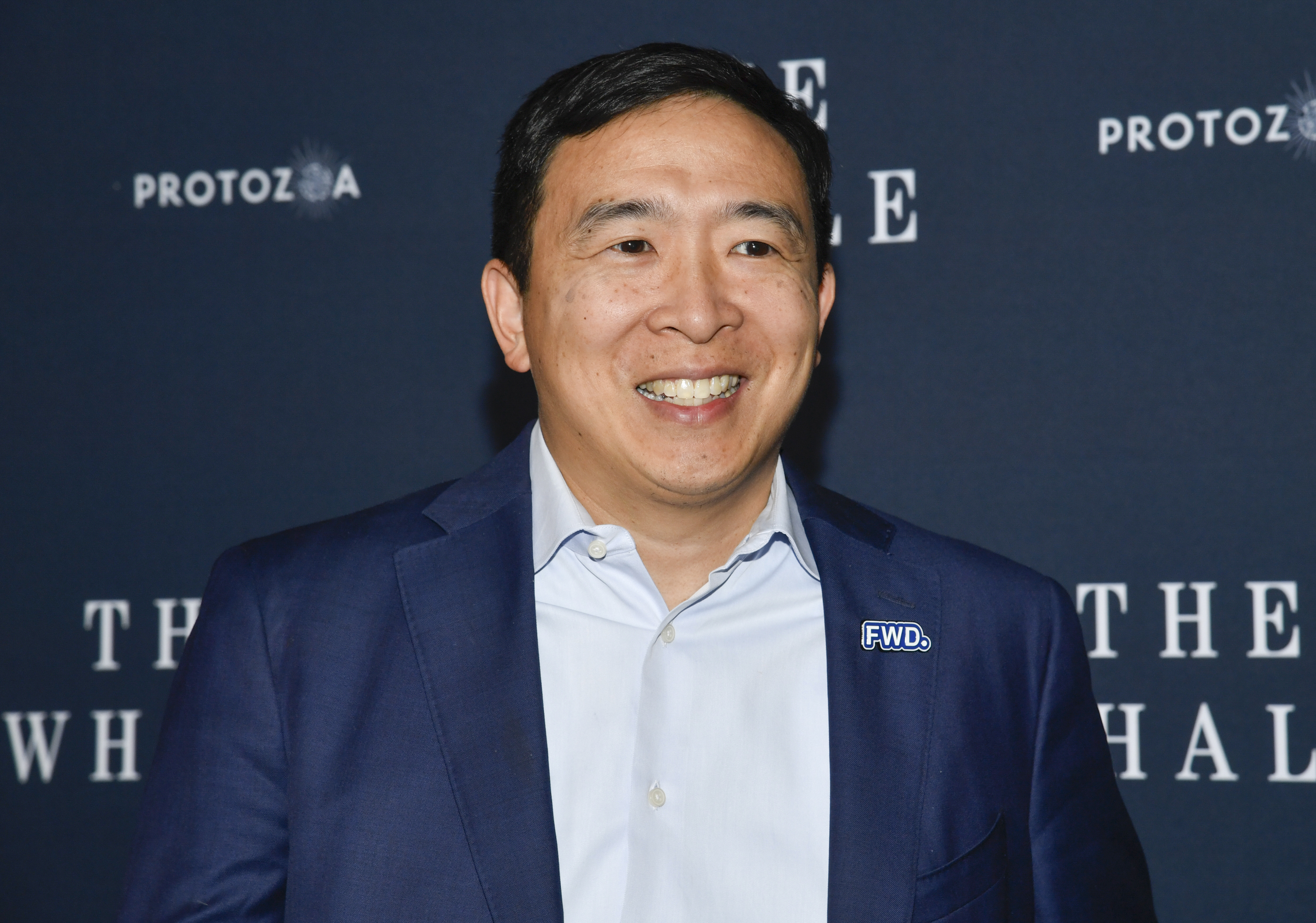For much of the 20th century, news spread through a handful of national television and radio news networks and most major cities had several newspapers. To be heard, the average person might write a letter to the editor or organize a protest. News organizations helped determine what was known to be true and false.
But now social media hands anyone an instantaneous global megaphone. And algorithms that govern information on big platforms can amplify claims that leaders, including presidents, have considered threats to democracy.
"Each of us, whether we work at a tech company or consume social media, whether we are a parent, a legislator, an advertiser on one of these platforms, now's the time to pick a side. We have a choice right now. Do we allow our democracy to wither or do we make it better?" said former president Barack Obama.
During the 2016 elections the Russian government used social media in an attempt to influence and disrupt American elections.
"A private Russian entity engaged in a social media operation where Russian citizens posed as Americans in order to interfere in the election," said former FBI director Robert Mueller.
"In the 2016 election cycle, the Russian internet research agency spent a total of about $100,000 over two years on advertisements on Facebook to promote social discord and division, and similarly placed disguised posts and tweets on several social media platforms," said Jeffrey Rosen, former U.S. deputy attorney general.
Since then, social media sites like Facebook and Twitter have assembled teams to combat foreign misuse and remove foreign actors from their platforms.
"We believe in free expression. We believe in free debate and conversation to find the truth. At the same time we must balance that with our desire for our service not to be used to sow confusion, division or destruction. This makes the freedom to moderate content critical to us," said Jack Dorsey, founder and former CEO of Twitter.
But Dorsey's so-called balancing act didn't curb the issue. In the 2020 election, researchers found 456 distinct articles alleging that the voting system had been corrupted by fraud or abuse. The claims were amplified by 49 million tweets.
The biggest misinformation story was an allegation that began with what Michigan elections officials concluded was a temporary error in vote tallies by an official in Antrim County.
The allegation was that software Dominion Voting Systems provided had systematically changed votes for then-president Trump to votes for Joe Biden, which was false.
But the story was thrust into the national spotlight, seen by tens of millions of people on social media. Findings published in the journal Quantitative Description show the spread of misinformation stories about Dominion on Twitter. And those tweets amplified these claims, and contributed to what some lawmakers call an attack on democracy offline.
On January 6, during the insurrection, President Trump posted a video on Facebook and Instagram.
"We had an election that was stolen from us. It was a landslide election, and everyone knows it, especially the other side, but you have to go home now," said former President Donald Trump.
This led Twitter, Twitch and Youtube to take an unprecedented step by banning a president of the United States from using their platforms.
Now, as the 2022 midterms approach, are platforms ready?
Twitter said in August it will add new labels offering debunking content to tweets that may include misinformation and "prebunks" that add prompts to clarify voting procedures. Facebook and Instagram have established a new process to authorize ads on issues or political races.
Tiktok has banned political advertising since 2019, and in September it tightened its rules around using the platform to solicit campaign donations.
But a new report has found the platforms aren't doing enough.
New York University's Stern Center for Business and Human Rights is calling on platforms to increase their transparency and allow independent audits of their procedures, bolster their fact checking and remove what they call "demonstrably false" content.
But social media platforms view their role as more limited.
"People often say things that aren't verifiably true but speak to their lived experiences. I think we have to be careful restricting that. For example if someone feels intimidated or discriminated against while voting I believe they should be able to share their experience, even if the election overall was fair. I don't think anybody wants a world in which you can only say things which private companies judge to be true," said Mark Zuckerberg, chairman and CEO of Meta.
Those private companies are serving as today's digital public square. They could determine the health of the nation's democracy starting with the 2022 midterm elections.




 Key Midterm Races To Watch For Congressional Control
Key Midterm Races To Watch For Congressional Control






